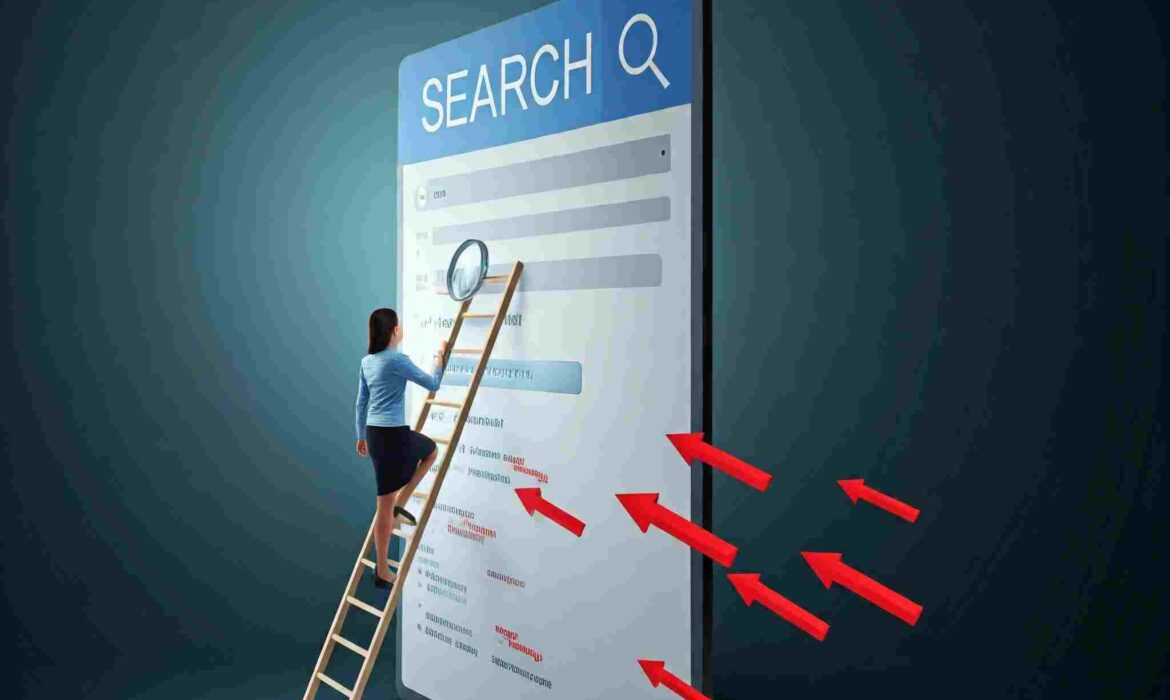
Backlinks are crucial for SEO success. They signal to search engines that your content is valuable. However, indexing is equally important. Search engines must discover and catalog your backlinks for them to be effective. To improve indexing, create high-quality content, build relationships, optimize your website, use social media, and monitor your backlinks. While rapid URL indexers can help, they are not a guaranteed solution. Consistent effort and a comprehensive SEO strategy are key to success.
The Importance of Backlinks and Indexing for SEO
Backlinks are hyperlinks from one website to another. They act as votes of confidence, signaling to search engines that your content is valuable and trustworthy.
Understanding Backlink Indexing
Before diving into rapid URL indexers, it’s important to understand backlink indexing. When a search engine’s crawler discovers a link pointing to your website, it indexes that link, adding it to its database. This allows the search engine to find and rank your website when relevant search queries are entered.
Important Points:
- Backlinks boost search engine rankings.
- High-quality backlinks are crucial.
- Indexing is essential for backlink effectiveness.
Indexing Process:
- Search engines crawl web pages.
- Relevant information is stored in a database.
- This allows for quick retrieval of information during searches.
To optimize your SEO strategy, it’s crucial to understand the interconnectedness of backlinks and indexing. Both are essential for driving traffic and improving your website’s visibility in search engine results.
The Role of Rapid URL Indexers
Rapid URL indexers are tools designed to expedite the process of getting your backlinks indexed by search engines. These tools often employ various techniques, such as:
- Pinging Search Engines: Sending notifications to search engines about new or updated content, including backlinks.
- Submitting URLs: Directly submitting your backlinks to search engine databases.
- Leveraging Social Media: Sharing your backlinks on social media platforms to increase visibility and attract attention from search engine crawlers.
- Utilizing Webmaster Tools: Employing tools like Google Search Console to request indexing for specific URLs.
Factors Affecting Backlink Indexing Speed
While rapid URL indexers can be helpful, several factors influence how quickly your backlinks are indexed:
- Backlink Quality: High-quality backlinks from authoritative websites are more likely to be indexed faster than low-quality or spammy links.
- Website Authority: Your website’s overall authority and credibility can also impact indexing speed.
- Search Engine Algorithms: Search engines constantly update their algorithms, which can affect how quickly backlinks are indexed.
- Technical Factors: Website issues such as broken links, slow loading times, or poor site structure can hinder indexing.
Limitations and Risks of Using Rapid URL Indexer
While Rapid URL Indexers can offer certain advantages, it’s important to be aware of their limitations:
- Unnatural Link Patterns: Overusing rapid URL indexers can create unnatural link patterns that may be flagged by search engines as manipulative.
- Limited Effectiveness: Not all backlinks will be indexed successfully, as the effectiveness of these tools depends on various factors, including link quality and search engine algorithms.
- Risk of Over-Reliance: Focusing too much on rapid indexing might divert attention from organic strategies like creating high-quality content and building relationships.
- Potential Harm to Reputation: Using such services could harm your site’s reputation if perceived as spam by search engine algorithms or users.
While rapid URL indexers can be helpful, they should not be the sole focus of your SEO strategy. It’s essential to balance the use of such tools with organic link building practices and prioritize creating high-quality content that naturally attracts backlinks.
Best Practices for Backlink Indexing
To maximize the effectiveness of your link building efforts and improve indexing speed, consider the following best practices:
- Create High-Quality Content: Produce valuable and engaging content that attracts natural backlinks.
- Build Relationships: Network with other website owners and influencers in your industry to secure quality backlinks.
- Optimize Your Website: Ensure your website is well-structured, mobile-friendly, and free from technical issues.
- Use Social Media: Share your content on social media platforms to increase visibility and drive traffic.
- Monitor Your Backlinks: Keep track of your backlinks and remove any low-quality or spammy links.
Alternatives to Rapid URL Indexer for Indexing Backlinks
While rapid URL indexers can be helpful, they are not the only option for improving backlink indexing. Here are some effective alternatives to consider:
1. Google Search Console
- Direct Submission: Submit your URLs directly to Google Search Console to prompt Google to crawl and index your pages.
- Sitemaps: Create and submit a sitemap to Google Search Console to provide a structured overview of your website’s content.
2. Social Bookmarking
- Visibility and Discovery: Share your content on social bookmarking platforms like Reddit, StumbleUpon, and Pinterest to increase visibility and attract attention from search engines.
3. Pinging Services
- Notification and Indexing: Use pinging services to notify multiple search engines about new or updated content on your website.
4. Community Engagement
- Organic Exposure: Participate in forums and online groups related to your niche to share your content and build relationships. This can lead to natural backlinks and increased visibility.
By combining these strategies with a focus on creating high-quality content and building relationships, you can effectively improve your backlink indexing and enhance your website’s search engine visibility. Remember, while rapid URL indexers can be useful, they should not be relied upon exclusively. A well-rounded approach that includes organic link building and effective indexing techniques is essential for long-term SEO success.
Conclusion
While rapid URL indexers can be a useful tool, they are not a substitute for a comprehensive SEO strategy. By focusing on creating high-quality content, building relationships, and optimizing your website, you can significantly improve your chances of getting your backlinks indexed quickly and effectively. Remember, patience is key, and consistent efforts are essential for long-term success in SEO.


